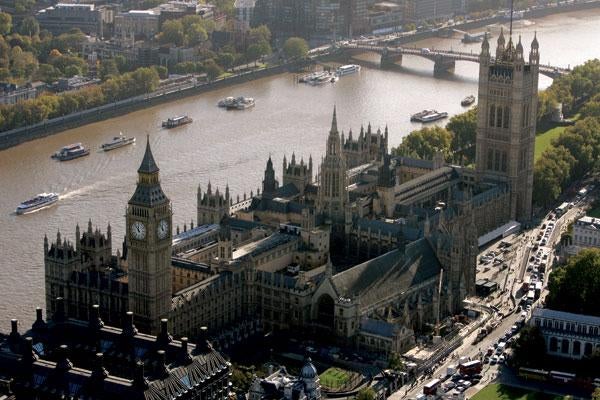
News publishers have urged the Government to include more safeguards in the Investigatory Power Bill on state spying which cleared the Commons this week.
The Government made a number of concessions towards safeguarding privacy and the rights of journalistic sources in the bill, which allows the law enforcement agencies widespread access to email, computer and telecoms data.
However, an amendment proposed by the Liberal Democrats on behalf of the NUJ – which would have allowed the media to argue in court against any state interception of journalistic material – was defeated.
The Labour amendment seeks to extend the protections in the Police and Criminal Evidence Act (PACE) to the electronic information covered by the bill. Under PACE, police forces must argue their case in court if they want to force the release of physical journalistic material.
This amendment did not go to a vote but could yet be revived in the House of Lords.
The only existing extra safeguard for journalistic material in the bill relates to police grabs of telecoms records in order to identify confidential journalistic sources.
The bill states that such requests can be made in secret, to telecoms providers, but must be approved by a judicial commissioner who will only do so if there is an overriding public interest.
The News Media Association, which represents most UK newspaper and magazine publishers, is to continue pushing for greater protections in the bill.
NMA legal affairs director Santhan Rasaiah said: “The NMA and its members have explained the necessity for improved journalistic protections in its past meetings and correspondence with the Security Minister and Solicitor General.
“The NMA welcomes the commitment by the Government ministers to continue to work with the media on improving journalistic safeguards .
“We are very willing to continue detailed discussions to secure these. As the Security Minister said ‘a solution must be found’…
“The NMA maintains that further comprehensive and robust safeguards are vital.
“The Bill must be changed to require prior notice to be given to the media of the authorisation application, a robust set of freedom of expression conditions for the applicant to satisfy and the media’s right to participate in the hearing of an application before an independent judge, with rights of swift appeal, before use of the power is authorised.
“These requirements should apply to any authorisation of the various investigatory powers set out in the Bill in relation to journalistic activities and sources.”
Speaking in the House of Commons on Tuesday, Shadow home secretary Andy Burnham said: “Under PACE, journalists are notified when the authorities want to access material and sources, so that they have the ability to challenge that in open court. The worry is that the Bill removes those protections.
“The National Union of Journalists makes the point that there is no real difference between physical notebooks and communications data held electronically; both could reveal the identity of a source. Labour shares those concerns.
“The Government have gone some way towards addressing our concerns, tabling amendments 51 and 52, which we welcome.
“The amendments will ensure that judicial commissioners, when considering a warrant, must give weight to the overriding public interest in a warrant being granted for the use of investigatory powers against journalists and that they must ensure that that is in keeping with wider and more general privacy points.
“That is a significant move. It takes points that would otherwise have been in codes underpinning the Bill and puts them on the face of the Bill.
“Labour will accept these amendments, but we will do so while being clear that they do not go far enough. Indeed, they cover only the award of warrants, not general access to communications data. “
Email pged@pressgazette.co.uk to point out mistakes, provide story tips or send in a letter for publication on our "Letters Page" blog






